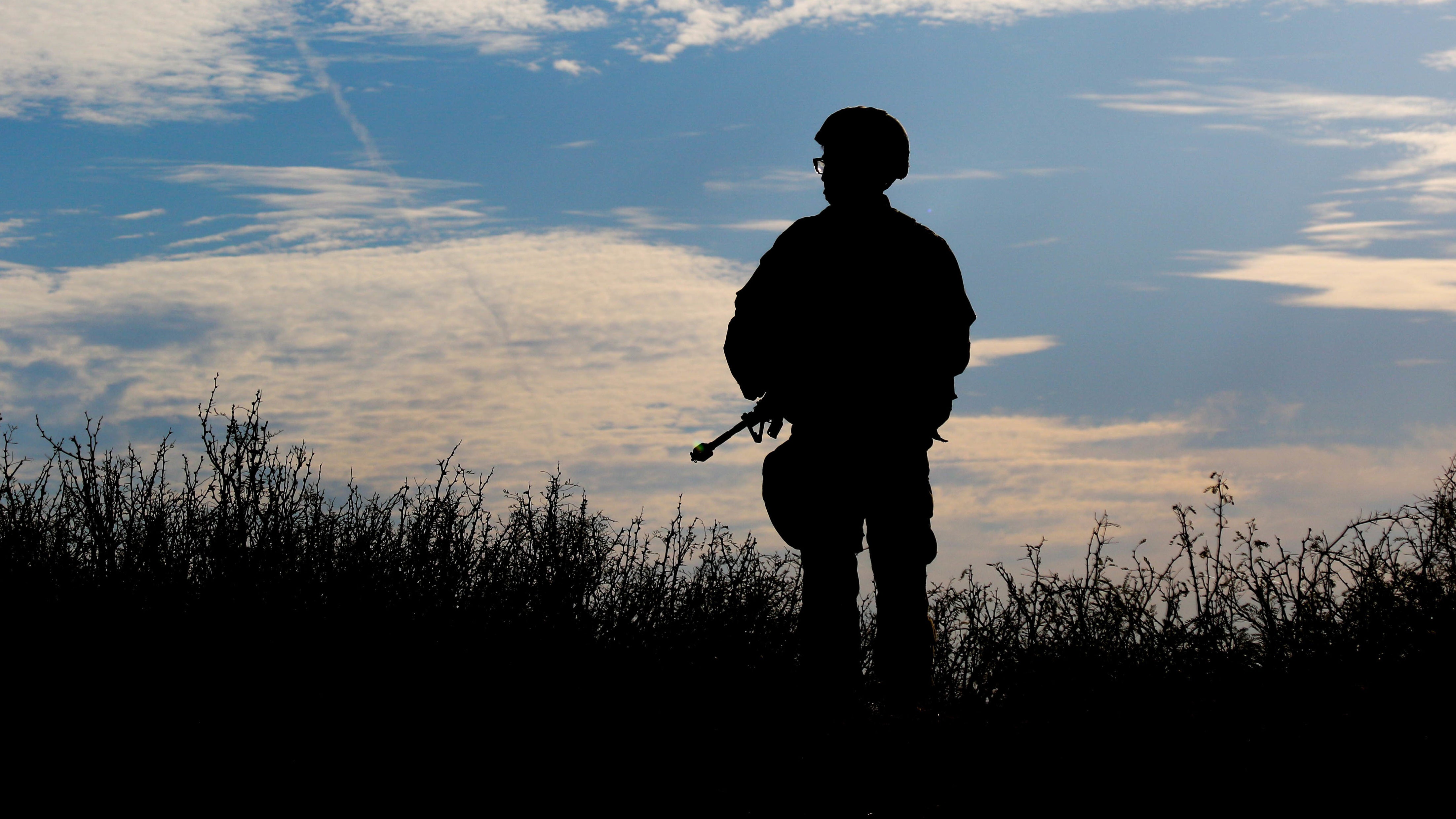Army Launches New Program to Care for Assault Victims
Army Launches New Program to Care for Assault Victims

The Army is launching a one-year pilot that aims to better support soldiers who have experienced sexual assault and harassment, the latest effort in the service’s ongoing fight against the problem.
The pilot will take place at six active Army installations. There also will be a virtual site for the Army Reserve. Called a fusion directorate, the effort is part of the Army’s redesign of its Sexual Harassment/Assault Response and Prevention program. It aims to create a victim-centered model to increase accountability, transparency and efficiency, according to the Army.
“Soldiers and [Department of the Army] Civilians must feel comfortable raising allegations of sexual harassment or sexual assault, quickly receive the care and services they need, and be treated with dignity and respect throughout the process,” Lt. Gen. Gary Brito, deputy Army chief of staff for personnel, said in the release. “The fusion directorate is designed to ensure that sexual assault victims experience a supportive and compassionate response from a team of professionals working under the direct oversight of a senior commander.”
The seven fusion directorate pilot sites will be established in October. They include Aberdeen Proving Ground in Maryland, Schofield Barracks in Hawaii, Fort Bragg in North Carolina, Fort Irwin in California, Fort Riley in Kansas, Fort Sill in Oklahoma, and virtually with the Army Reserve’s 99th Division.
The fusion directorate comes on the heels of multiple changes the Army has made to address sexual assault and harassment, including overhauling its SHARP program and changing its policies to provide additional SHARP services to Army civilians.
In a letter announcing the fusion directorate, Army Secretary Christine Wormuth, Army Chief of Staff Gen. James McConville and Sgt. Maj. of the Army Michael Grinston emphasized that addressing sexual harassment and assault is everyone’s responsibility.
“We all have a responsibility to ensure Soldiers, Civilians, and Family members feel comfortable raising allegations of sexual harassment or sexual assault, know where and how to access services, quickly receive care and protection, and are treated with dignity and respect throughout the process,” the letter reads.
Col. Kelly Webster, deputy director of the Army’s People First Task Force, said the Army will use both quantitative and qualitative data to evaluate the success of the fusion directorate. “I think the bigger thing for us, though, is … we have to listen to our soldiers, the victims and the survivors out there to see if we’re truly making an outcomes-based difference,” Webster said.
The Army will continue to help soldiers who have experienced sexual assault and harassment, Webster said. “Our desire is to truly move at the speed of compassion on our way forward. By placing our people first, we strengthen the very foundation of the Army,” Webster said. “By pulling these assets and services together, the desired outcome is at a very trying time for victims to help them navigate difficult situations and do so in a way that provides dignity.”

